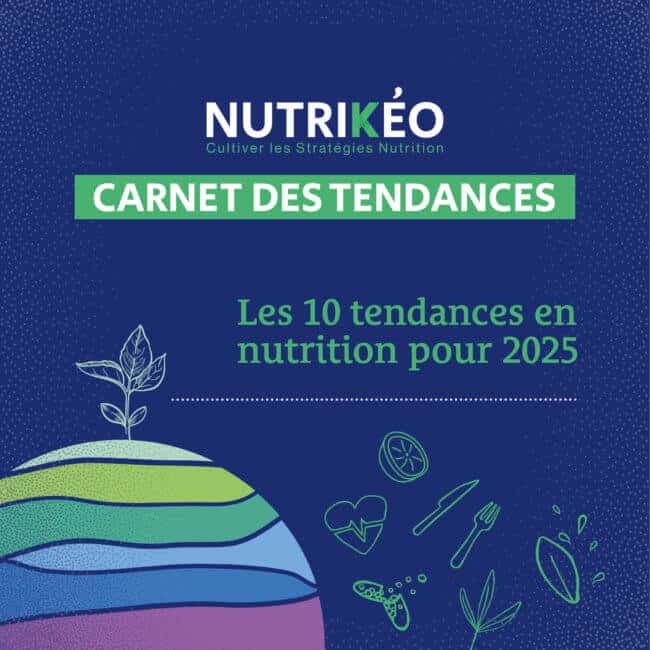Nootropes, « smart drugs », these words are emerging in the world of nutraceuticals: but who are they? With an expected global market with an annual growth of 17.9% to reach $6M in 20241, nootropics is a subject that is increasingly being discussed across the Atlantic. This is an opportunity for our team of editors to review the subject of nootropics: ingredients, concept, targets, and the screening of this trend.
What is a nootropic?
From the Greek noos « mind » and tropos « shaping » nootropics are literally molecules that act on the brain, or more generally cognition. The initial ambition of these products is to help consumers use the unused parts of their brains. Initially, « smart drugs » are drugs that are diverted from their initial use for psycho-stimulation. These « intelligent drugs » are now giving way to a new category in nutraceutics: nootropics.
Nootropics act by modulating the metabolism of neurons. They thus increase cognitive abilities: memory, learning, mental performance, some will even go so far as to talk about decision-making and overall well-being.
Who are the nootropics?
There are many more or less classic ingredients in this category: L-theanine, creatine, taurine. There are also a few plants such as green tea and ginkgo biloba. Finally, vitamins B5 (choline), B6 or B12 are also mentioned. Choline, a precursor of neurotransmitters, is the heart of any nootropic cocktail.
Who are their targets?
Businessmen, students during exam periods, seniors or gamers: the targets are varied on this market!
Today, seniors are at the heart of the healthy aging trend: innovations are more and more common in this market, whether in food or nutraceuticals. Frightened by age-related cognitive decline, they are an ideal target for nootropics.
Gamers, and more particularly the world of e-sport, is a target that has a future for nootropics. This activity is increasingly talked about with a growing global market estimated at $700 million in 2017 to reach up to 1.5 billions of dollars in 20202. If advertising and sponsors constitute the major part of the market, one can easily imagine the nootropics making a place for themselves in this field: who better needs nootropics than a gamer who has to face hours of intense games?
On the finished product side, some players are already claiming to be specialists in nootropics, such as the Noomind brands in France and Mind Lab Pro in the United Kingdom. However, EFSA did not rule on claims classifying a particular ingredient as nootropic. Only ingredients such as B vitamins, for example, have authorised claims. This lack of claims and recognition for the other ingredients in the category could hinder the development of this market.











